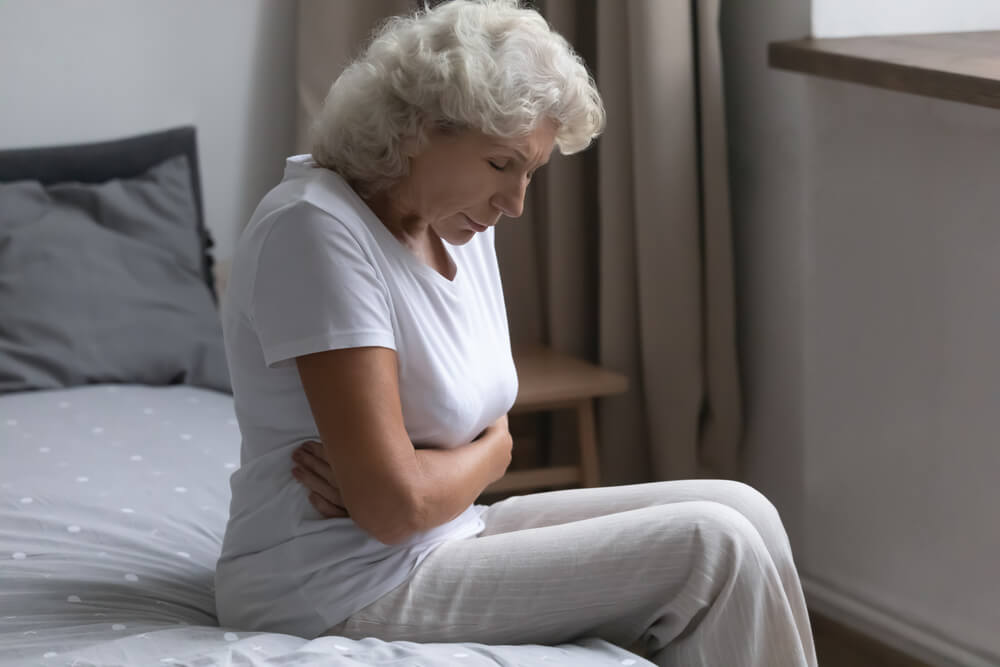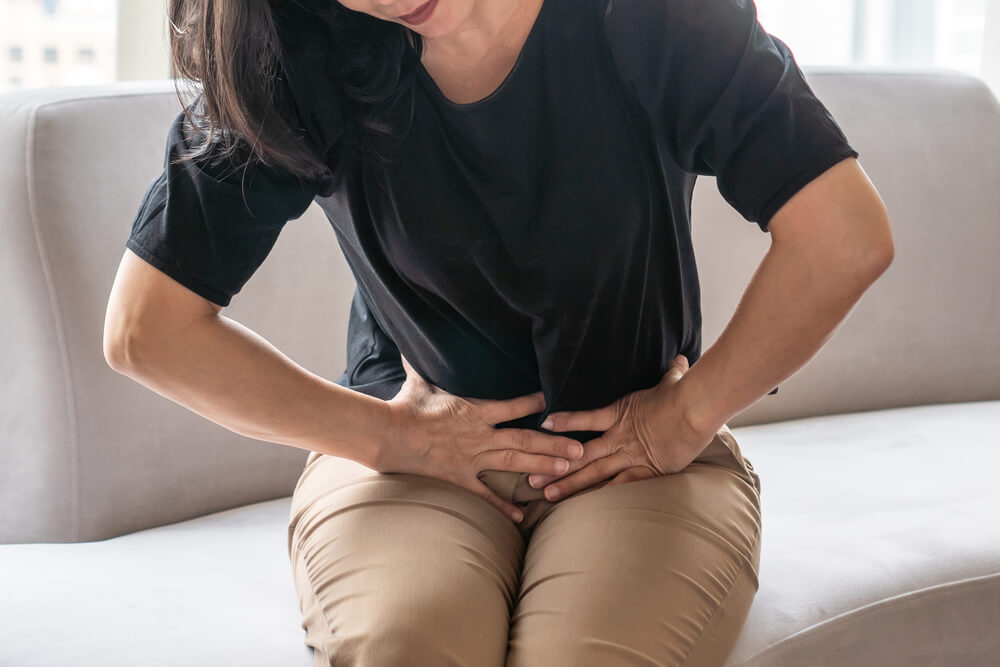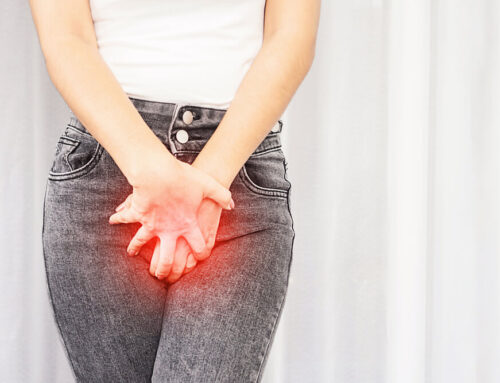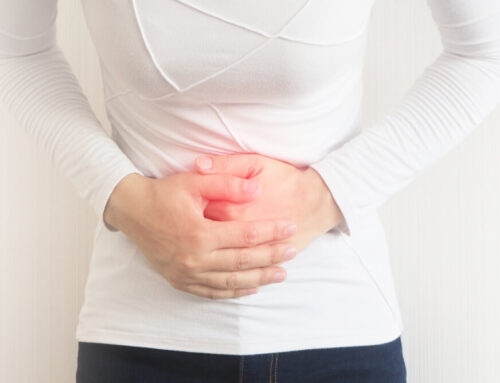The menopausal period is a time in a woman’s life when her ovaries stop producing estrogen and menstrual periods cease. Officially, this phase begins after a year of no menstrual bleeding. However, changes in hormones and periods can begin a few years before menopause and vary from woman to woman.
When you approach menopause, the number of periods decreases, but you can still experience familiar symptoms like cramps, mild pain in the lower abdomen, and the same premenstrual symptoms as before. However, if you feel cramps after menopause, we recommend you visit your gynecologist as these symptoms could indicate other health issues.
At Elite Gynecology Miami, we provide comprehensive and individualized Menopause Treatment in Miami, Florida.
What to Do if You Experience Cramps After Menopause?
If you’re feeling post-menopausal cramps, we recommend that you visit your doctor for a check-up and learn more about what is going on in your body.
Other symptoms you might be experiencing include the following:
- Vaginal bleeding
- lower back pain
- fatigue
- urinary symptoms such as urgency, frequency, and burning
- pain during sex
- swelling in the abdomen
- bloating, constipation, or diarrhea
- weight gain or weight loss
Your doctor will discuss your symptoms in detail, confirm whether you are truly in menopause, and start the evaluation.
What Can Cause Cramping Post Menopause?

Several different conditions can be the cause of post-menopausal cramping.
Endometriosis
Endometriosis is the presence of endometrial-like tissue outside the uterus and in the pelvis, including the ovaries, tubes, and bowel. It is a common condition in younger women and is rarely a cause of concern for women in menopause. The most common symptoms before menopause include painful periods, pain during sex, and nonmenstrual pelvic pain.
The good news is that endometriosis tends to improve in menopause.
Uterine Fibroids
Uterine fibroids are benign growths of the uterus. Although fibroids occur before menopause, they can grow around menopause and cause pelvic pain.
The good news is that they tend to shrink afterward.
However, very rarely, what appears as a fibroid could be a Sarcoma which is a rare malignant tumor of the uterus.
Gastrointestinal Conditions
Gastrointestinal issues are common causes of cramping pain. They tend to be self-limited and resolve within a few days. Other symptoms might accompany the pain, including bloating, constipation, diarrhea, nausea, vomiting, and rectal bleeding.
However, persistent pain needs to be evaluated. Common causes of persistent pain include Irritable Bowel Syndrome (IBS) and diverticulosis. Other conditions include Inflammatory Bowel Disease (IBD), diverticulitis, and colon cancer.
Depending on the severity of your symptoms, a referral to a Gastroenterologist and a colonoscopy might be recommended.
Urinary conditions
The most common cause includes Urinary Tract Infection (UTI), and this is easily diagnosed and treated. UTI could present with pelvic pain alone or even bloating without specific urinary symptoms. Sometimes, however, the symptoms do not improve and could be related to another common condition known as Interstitial Cystitis. Other causes include bladder spasms.
Depending on your symptoms and initial evaluation, you might need medication to relax the bladder and decrease the spasms or inflammation.
Cystoscopy is a quick procedure to evaluate the bladder. It is done in the office under topical anesthetic gel and uses a thin camera inserted through the urethra and into the bladder. The bladder is then distended using sterile water or saline.
Cancers
Although both ovarian and endometrial cancer may cause cramping pain, these are not common, and a visit to your doctor will rule it out.
How to Evaluate Post-Menopausal Cramping?
If you are experiencing post-menopausal cramping, you shouldn’t hesitate to book an appointment with your gynecologist.
Your doctor will discuss your history and symptoms in detail and may perform any of the following diagnostic procedures:
- Ultrasound to evaluate the uterus and ovaries. This is done in the office.
- Sonohysterogram to evaluate the uterine cavity. This is a special ultrasound performed while injecting saline solution into the cavity and tends to be more sensitive to rule out polyps or growth within the uterus.
- Endometrial biopsy is also performed in the office. A thin catheter is inserted inside the uterus, and a sample of the lining of the uterus is biopsied.
- Hysteroscopy to evaluate the uterine cavity and take a biopsy. The procedure is performed in the office under local anesthesia. It uses a thin scope with a camera and is inserted through the cervix and into your uterus. This is the most sensitive procedure to rule out endometrial pathology.
- Pap smear to evaluate any abnormal cells from the cervix.
- Blood work and hormonal level check.
- Colonoscopy might be ordered to rule out serious conditions in the colon that might be causing the cramping pain.
- CT scan is sometimes ordered depending on the severity of your symptoms.
What are the Treatments For Post-menopausal Cramps?

Treatment will depend on the cause of the problem.
Once you are thoroughly evaluated, if you are not yet in menopause and your symptoms are mild, expectant management might be recommended, including heating pads, ibuprofen, and close observation.
If the cause is suspected to be gastrointestinal or urinary, your treatment will be individualized to address these conditions, such as treating constipation or urinary infection or even referring to another Specialist.
In case the condition is caused by a cyst or a fibroid, further evaluation is sometimes required, such as an MRI or surgery.
Whatever the condition might be, you should rest assured that all treatment options will be discussed, and the plan of management will be individualized to you.
Find Out on Time
Cramping pain is common, and although it is usually not caused by a serious condition, we do recommend that you contact your doctor for evaluation.
We perform comprehensive evaluation and management of menopausal symptoms and offer personalized treatment plans to address all issues related to your health.
You may contact our office at (305) 602-3022 or request an appointment online.







